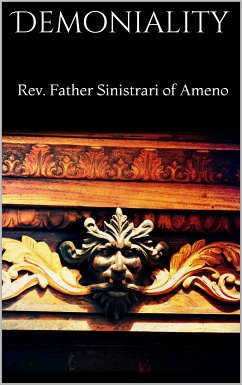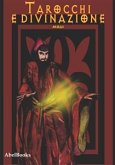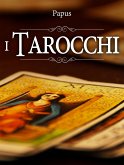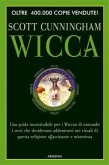The foregoing advertisement was composed at the printer’s, and ready for the press, when, strolling on the quays2, I met by chance with a copy of the Index librorum prohibitorum. I mechanically opened it, and the first thing that struck my eyes was the following article: De Ameno Ludovicus Maria. Vide Sinistrari. My heart throbbed fast, I must confess. Was I at last on the trace of my author? Was it Demoniality that I was about to see nailed to the pillory of the Index? I flew to the last pages of the formidable volume, and read: Sinistrari (Ludovicus Maria) de Ameno, De Delictis et Pœnis Tractatus absolutissimus. Donec corrigatur. Decret. 4 Martii 1709. Correctus autem juxta editionem Romanam anni 1753 permittitur. It was indeed he. The real name of the Father of Ameno was Sinistrari, and I was in possession of the title of one at least of those “serious works” which Brunet the bibliographer alluded to. The very title, De Delictis et Pœnis, was not unconnected with that of my manuscript, and I had reason to presume that Demoniality was one of the offenses inquired into, and decided upon, by Father Sinistrari; in other words, that manuscript, to all appearances inedited, was perhaps published in the extensive work revealed to me; perhaps even was it to that monography of Demoniality that the Tractatus de Delictis et Pœnis owed its condemnation by the Congregation of the Index. All those points required looking into.
Bitte wählen Sie Ihr Anliegen aus.
Rechnungen
Retourenschein anfordern
Bestellstatus
Storno









